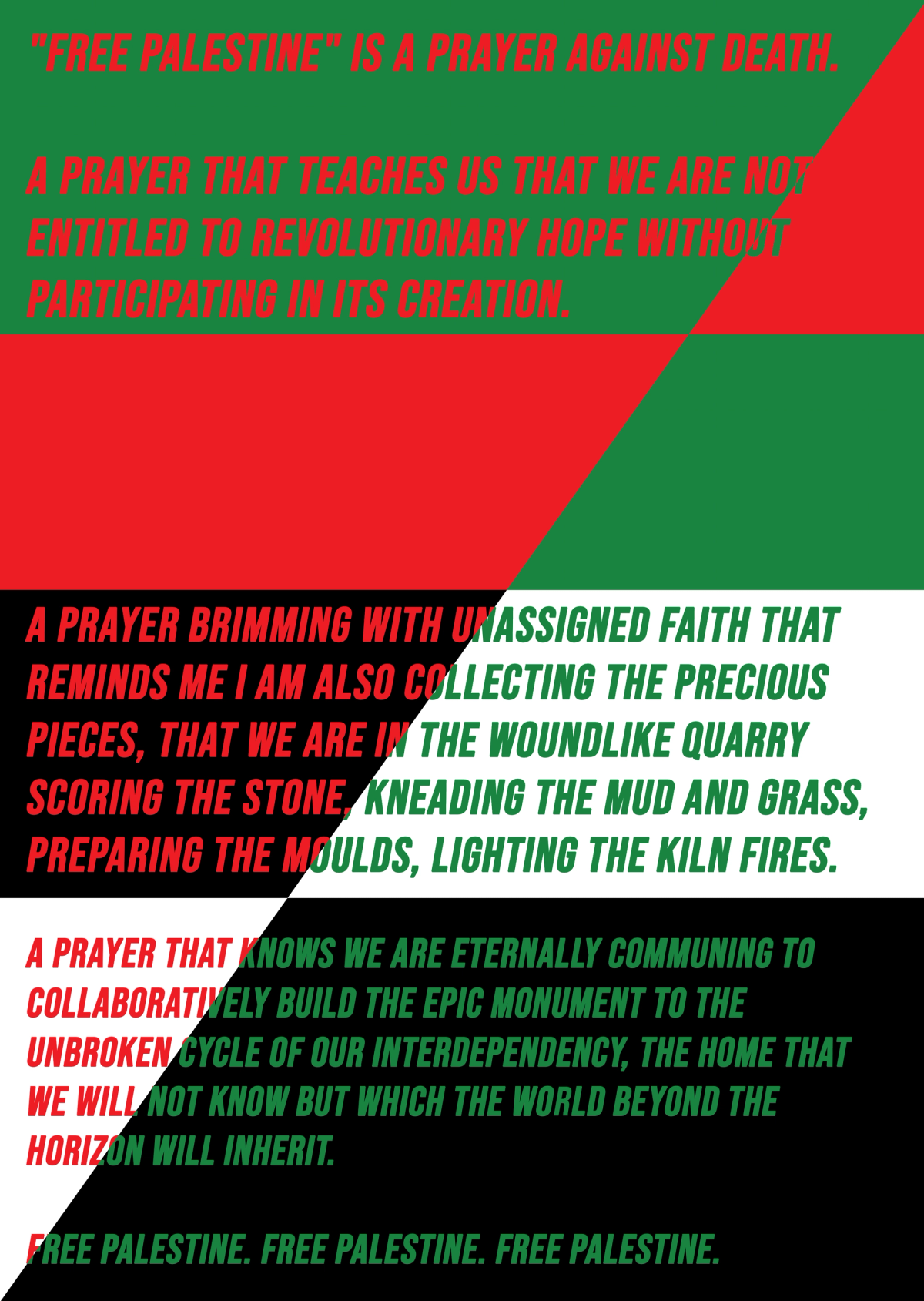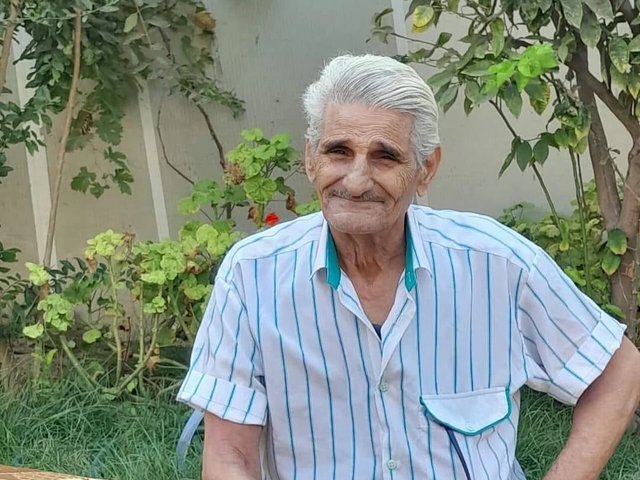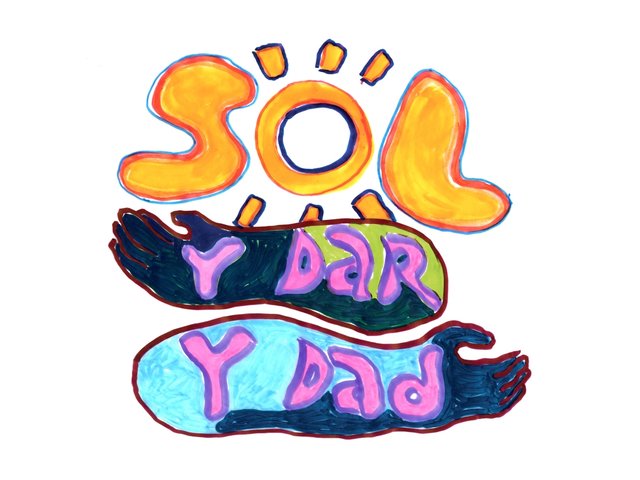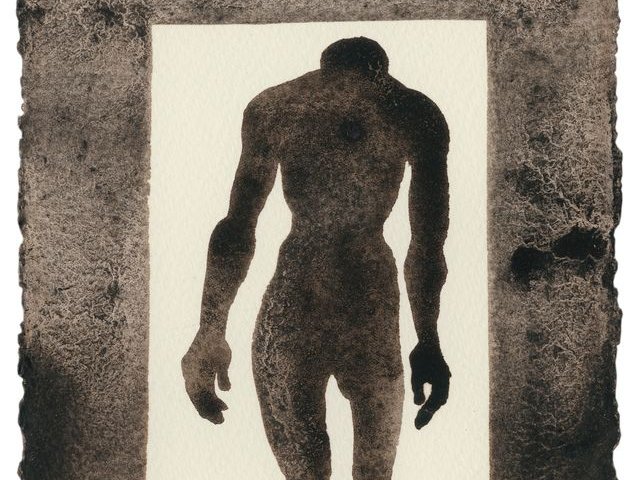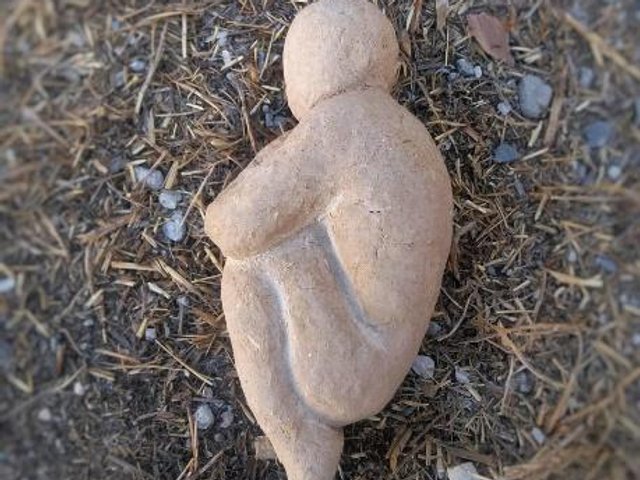Artists including the Turner Prize-winning Jasleen Kaur, Jeremy Deller, Eddie Peake, Michael Rakowitz and Tai Shani are among 77 creatives to have contributed posters to a new book being sold to raise proceeds for the Ajyal Foundation for Education. The Oxford-based charity provides long-term rehabilitation and mental health support for children, with a current focus on Gaza.
The posters are being sold as part of a book, Love is Resistance, and can be “torn out and hung on walls or taken to peaceful protests”, says the curator behind the project Aya Mousawi, who describes the collection of posters as “a tribute to Palestinian resilience and a tool for global solidarity”.
The Iraqi-American artist Michael Rakowitz has created a poster in green, red and black, the colours of the Palestinian flag, that reads: “The knot in my stomach when future generations ask me what I did to stop this.” In an accompanying text, he adds: “From when I was very young, a question that came up often in Hebrew school when discussing the Shoah was how the world could have let such an atrocity happen. Half a century later, I have my answer. Free Palestine.”
Jasleen Kaur, who was born in Scotland and lives in London, based her poster on a photograph of a carpeted prayer hall illuminated by the refraction of sunlight through windows. Taken hurriedly on an iPhone, the image was shot on 11 July 2024 at Faizan-e-Islam Mosque on Lea Bridge Road in London during a community meeting held the weekend after far-right riots—events that are once again rearing their heads in the UK.
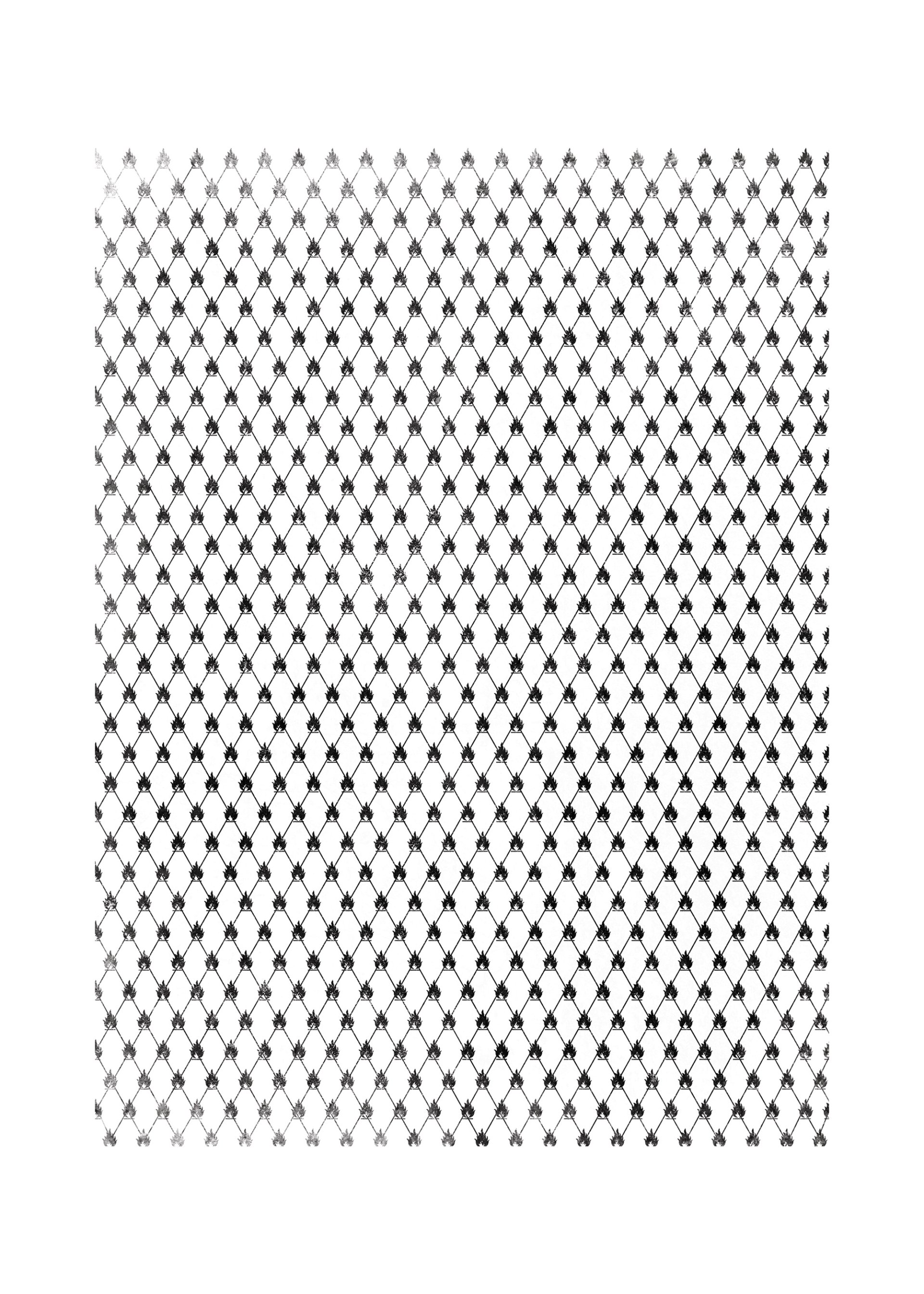
Massive Attack were the last artists to agree to take part in the project and have contributed a print that fuses the Keffiyeh, worn as a symbol of solidarity with the Palestinian people, and the band’s flame logo. “In one sense, the fusion acts as a reminder to us as artists (and to all artists) of the moral imperative to use any platform we have to demand an end to genocide in Gaza, endless war crimes in the West Bank and for the full liberation of the Palestinian people and their land,” writes Massive Attack frontman and artist Robert Del Naja.
In a short essay published in the book, the writer, editor and curator Shuman Basar notes how the project comes “at a time when the image itself changed forever”, with pictures of death and destruction appearing in the same social feed as “brunch pics, work memes and holiday sunsets”. He adds: “Atrocity and entertainment now coexist in the same infinite scroll.”
In Basar’s opinion, the media has “abnegated [its] responsibility towards truth and justice” in its coverage of events both since Hamas’s 7 October 2023 terrorist attacks on Israel in which 1,200 were reportedly killed and 253 people taken hostage—but also before the attack. According to the Gaza ministry of health, Israeli strikes have now killed more than 65,000 people in Gaza—the majority of them women and children. Earlier this week, a United Nations enquiry concluded that Israel is committing genocide in Gaza.
In the absence of unbiased media coverage, Basar says people took it upon themselves in the first year after 7 October “to broadcast to each other, to repost one another, to seek solace in the communicable pain shared in these corporate publics”. But this has given way “to something more muted”— poems as dispatches, fragments of film as testimony. Now there are “the receipts”, as Basar puts it. “Who remained silent? Who is unsilencing themselves now, proving, ‘one day everyone will have been against this,’ as Omar El Akkad put it.”
Ultimately, Love is Resistance is a record, Basar says, “of a world that has been permanently altered”. He adds: “To love, here, is to refuse erasure. To resist is to remember. And to remember is to make sure the world cannot pretend it didn’t see.”


